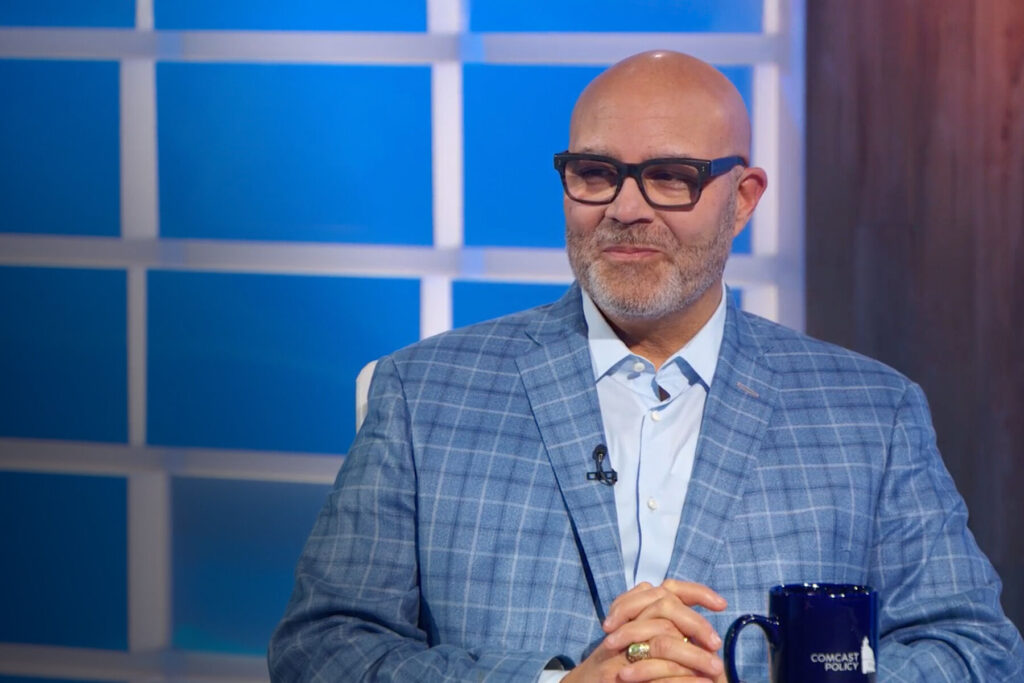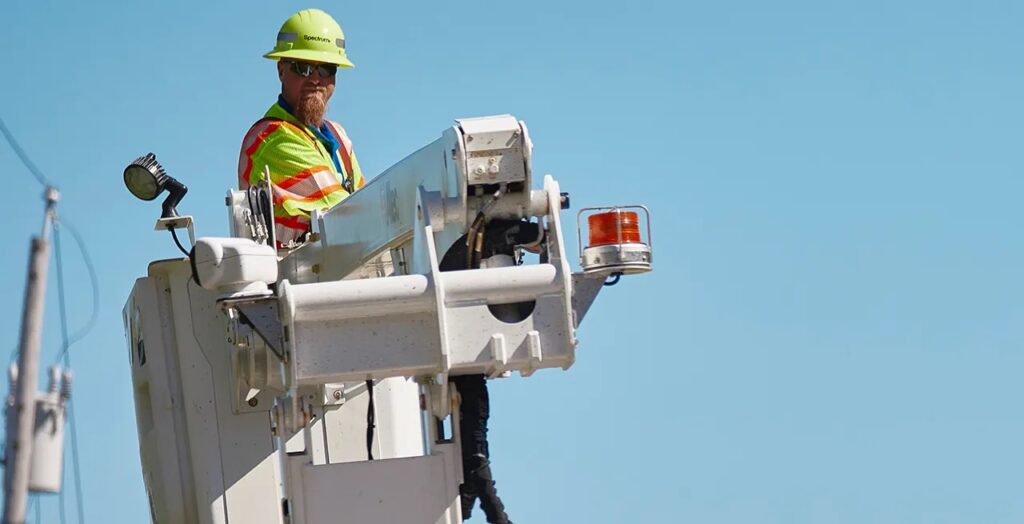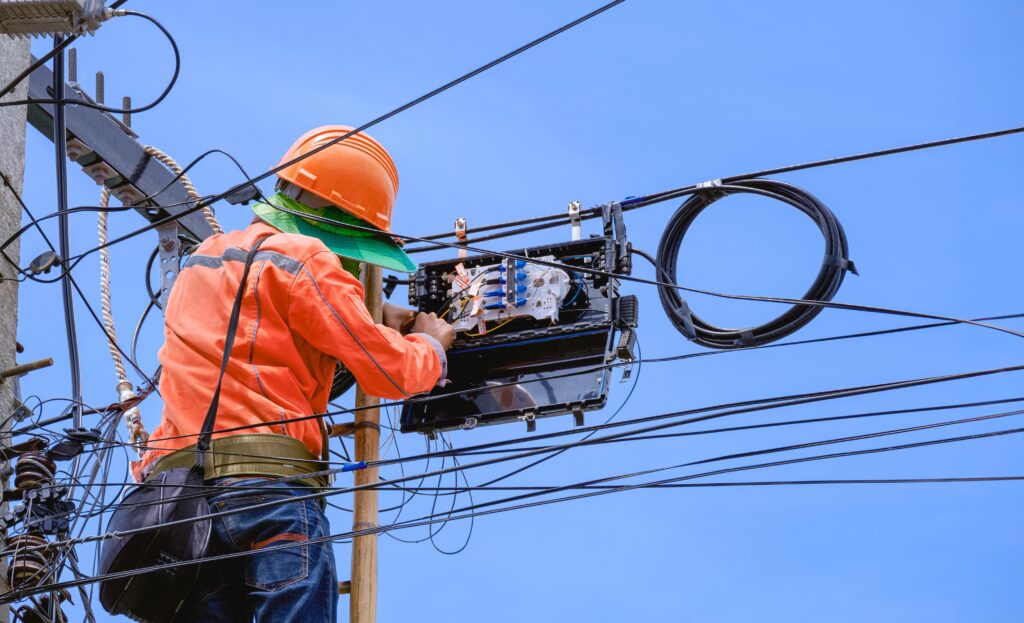With the cable industry’s annual Diversity Week currently underway—when leaders and organizations gather to champion and further inclusion efforts—it’s a good time to take a look at the key programs that are advancing diversity, equity, and inclusion throughout the cable workforce. Working alongside many of NCTA’s members as a major diversity advocate is the Walter Kaitz Foundation. The foundation provides key funding for many diversity initiatives across the media and entertainment landscape, and is supported by its iconic annual Kaitz Dinner, the most prestigious fundraising event in the industry. One of the many programs the foundation funds and supports is the T. Howard Foundation, an organization that is playing an important role in recruiting, training, and linking diverse candidates to companies throughout the industry.
The T. Howard Foundation’s mission is to increase the number of diverse and underrepresented groups in the industry through a robust internship placement program, and no one knows that better than Alexandra Givan. An alum of the program, Givan is now a Government Communications Manager at Comcast. Givan was first placed as an intern at NCTA, where she learned about the ins and outs of the industry. She stayed with T. Howard the following year as well, when she was placed as an intern at Comcast.
Givan said the T. Howard Foundation’s intense orientation training introduced her to the professional skills and knowledge that she would need on the job at her respective internship placements. During her internship at Comcast, she was called out for being prepared and ready to consume the information that was thrown her way, and was not only asked to stay for a full year as an intern, but was also offered a full-time position after graduating from college.
“It’s the little things like that that add up, and at the end of the summer when you’re offered the opportunity to stay on or continue your internship, it’s because of experiences like [what T. Howard afforded],” said Givan.
Regarding the current state of diversity and inclusion in the industry, Givan commented that “what we [as an industry and as a nation] are doing well … is actually caring about making structural changes. It’s slow and steady wins the race, but the first step is identifying that you need to have more diverse organizations.” In her opinion, the industry does a good job of creating communities internally for minorities to thrive—communities “where they can feel safe and valued … so they have a cohort of people that they can talk about issues that are important to them, especially in the D&I space.”
As for where she sees room for improvement, Givan asserted that “a lot of companies do really well in terms of having a diverse workforce, but not so much in the senior positions that are making the main decisions … and it’s not telecom specific.”
Givan’s last point highlights the crux of why the work of the T. Howard Foundation and the Walter Kaitz Foundation is crucial to the future success of the industry, and the media and entertainment world. She hopes that the seeds that these foundations sow, will one day reap the fruits of more diverse leadership in the industry, and that this rising generation of leaders will see greater equity, inclusion, and representation of various backgrounds and perspectives in the workforce.
The cable industry has a long history of investing in diversity and inclusion efforts, and no other place is this more celebrated or championed than during Diversity Week. Stay tuned for updates as the week unfolds and as the Kaitz Dinner, which will be held this Wednesday, fast approaches.
This post was written by Tingwei Hsu, Walter Kaitz Foundation intern and T. Howard Foundation fellow.









